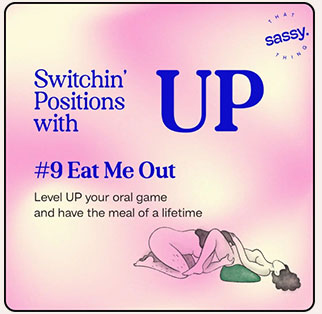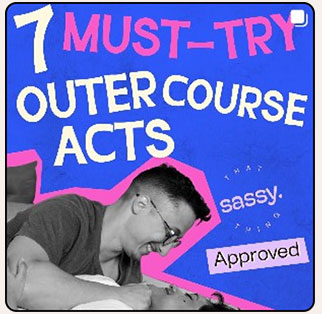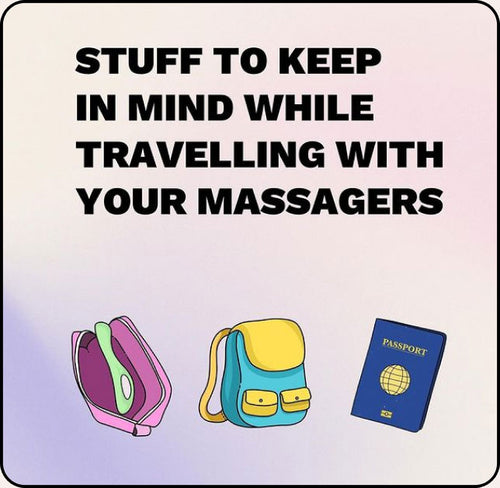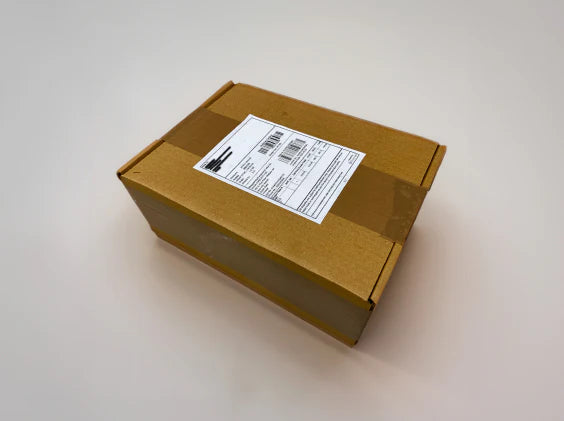Your cart is currently empty
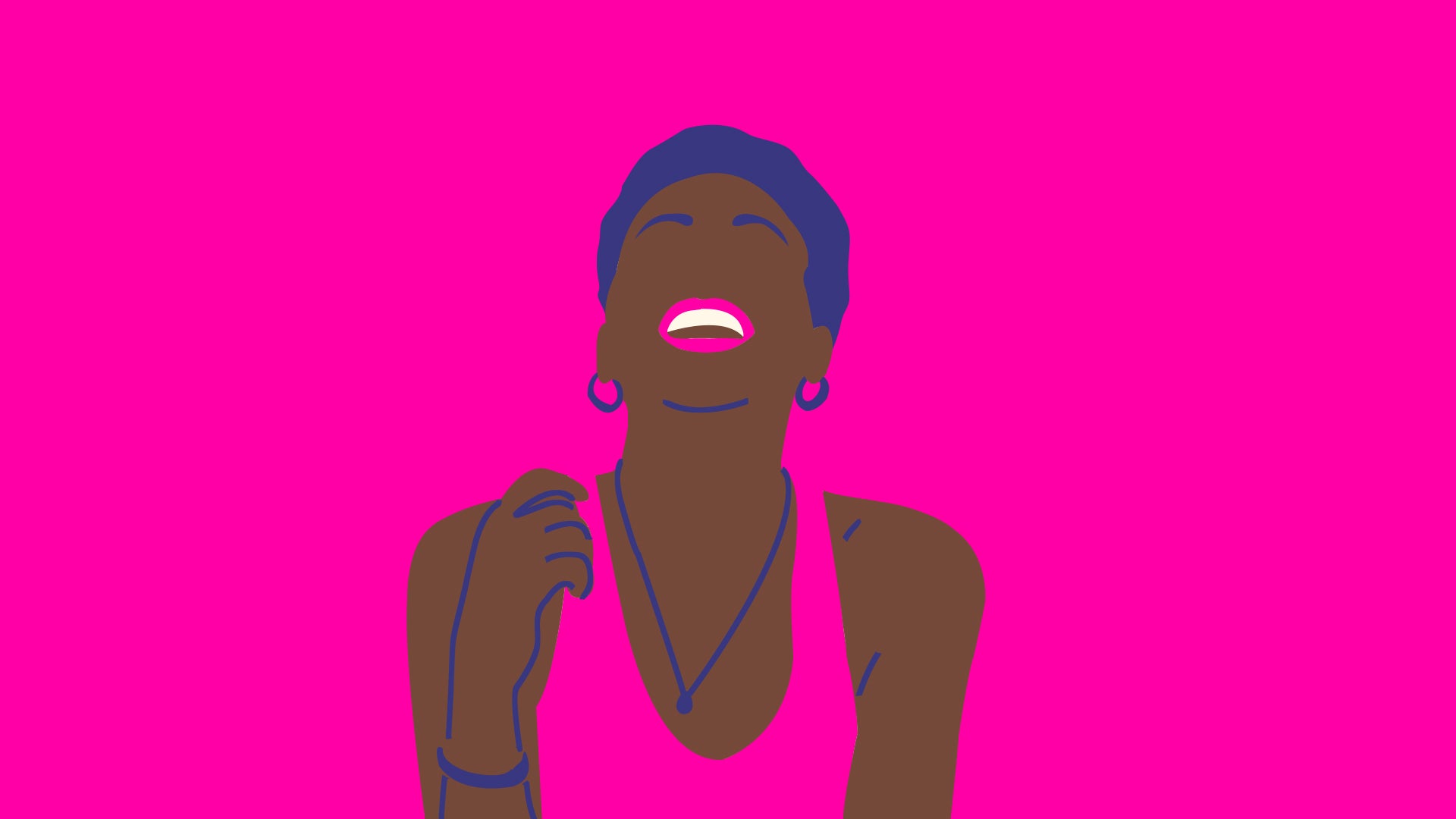
Fearless femme—Lucy, 31, VCU Brandcenter student, Virginia, U.S.
“To love a little harder, to care a little bit more so that I can leave a mark in the world.”
This boss lady had her own business in Nairobi, Kenya. She uprooted her life there and started over in the US, to pursue her masters (and marriage). She’s currently a final year student completing her masters in Brand Strategy at VCU Brandcenter, along with juggling multiple jobs.
Lucy comes from humble beginnings and she was my mentee in grad school. I connected with her the first time we met, sipping on diet coke and munching on good ol’ nachos at Chili’s. It was a cold night and there was a fire drill that randomly took place due to which we had to leave. We went on a long walk and discussed our common experiences being international students—the discrimination we both faced, starting over in the U.S. and more.
I was always super intrigued to know more about Lucy’s culture and excited to tell her all about mine. I took her to all the possible international food fairs to try different Indian foods and one fine day she and her husband invited me over for a lavish Kenyan meal at their beautiful home. There I learnt about how dramatically she met him, the commonalities in our food and cultures—the good, the bad and the ugly.

For this post, I spoke to her about finding love on LinkedIn, her struggles being a Kenyan woman in the US, protecting her Kenyan identity, how society has shaped her beliefs about periods and sex, and lots more. Let’s get to it!
Over to Lucy.
On her long distance marriage
How did you meet your husband?
Back in 2013, I was working in a terrible place in Nairobi and it wasn't a conducive environment. I used to go on LinkedIn a lot, looking for new opportunities or joining different groups. I’d comment and share my POV on things and it was in one of those casual moments when he DMed me saying that he needed advice on setting up a business in East Africa. Later, the messages changed to 'I would like to know you a bit more, personally, if you don't mind.' He was smart and I wanted to know more about him too. At that point I was applying for my masters in the UK. He suggested that I apply to a university in the US too. That's when it started.
(She smiles coyly)
“It came from LinkedIn to Facebook messaging and then to texting. And then one day, he just went like 'Do you want to come to America?' And I was like 'This is how people get abducted or get lost.' Haha”
And that is when he came to meet me. I was so nervous. And being in hospitality, I started giving him ideas for places he could visit. But he went like, 'Oh no, I am coming to see you.' And I don't think anyone had sacrificed so much for me. So he kept coming for a week, during the holidays.
We got married in 2014. We had one week to plan the wedding, it all happened so fast. It was small, that’s what I wanted. He came back to the US after that.
“We were in a long distance relationship for 2 years. We never saw each other again before that, he got sick and couldn't travel, plus the process to get your visa takes around 2 years. And we wondered, what does such a marriage look like?”
It took a toll on us. The first time I came to visit him in the US, I was here for 3 months and I was going bananas, it was so different and I didn't know what to do.
“And I wondered, weren't we supposed to live happily ever after?”

Did you guys always know you wanted to marry each other?
I thought it would be like any other Kenyan family where the mother of the bride and the groom meet, the families come together and it's like a process so it prepares you before the wedding. For me, it was just
“Mom, dad, this is the guy I met online and I think we are ready to get married. And my mom was like 'waaaaht?!' It was a bit more shocking than most marriage plans.”
And the feeling of being married sunk in later when I came to the US, in Kenya I still felt single, I would do my thing and go places. When I came to the US, I had to define what getting married meant as I never lived with my father so I had no idea what being married meant.
“The role I thought I knew was what I was told by society—you are the wife, make sure you cook for your husband, you wash his clothes, you iron, clean the home. That was marriage for me. Coming here, I couldn't do those things, as an American mind is not raised the African way. And my husband knows to serve and be served.”
I think the definition of marriage came with time. My mother would say I wanted to marry a white man growing up. It's the fascination of the American culture, they've always looked better than us—as per the definition of how we were raised. (She shakes her head in disbelief)
“It was said the white man is smarter, and you have to go to America to get the best education. So I used to think I should get married to a white man as that was the ultimate dream for most women in Kenya. I was so young and stupid.”
How important do you think is equality in a relationship?
My answer a few years ago would've been different. You grow up and your single mother teaches you one thing—you are a girl, you have to do better, you have to push harder. You grow up so independent and when you're with someone you don't know what to do. You fight independence and you fight vulnerability and you're also fighting this person who cares about you and wants to love you. But I have learnt that I have to step back at times, especially in the case of finances. We have fought about this time and again where I have not let my guard down and let my husband help me.
“I learnt over time that if he wants to help you financially, it doesn't belittle you. It is just support and you can give support back in your own way.”
On sex and love
How important is sex in a relationship?
“I am born and raised a Catholic and grew up knowing that ‘Sex is bad’ and you have to preserve yourself till marriage. There are taboo conversations like 'Do not initiate sex, that makes you cheap, like a slut' etc.”

My understanding at the time was that I have to preserve myself as it's the temple of god. It got to my head and I got so scared when I became sexually active, it took me so long to ask myself, 'What is the right time for me to break that temple?'
“When it comes to sex, there's still shame and guilt at the back of my mind. I got married and on the first night with my husband, I had to constantly tell my mind, it's okay, this is your husband. Before that, I was fighting with the whole ‘oh you shouldn't have sex before marriage’, you know.”
I am also very independent which means when it comes to sex, I want to take charge of things. I want to be the one initiating everything and control the situation. Whereas, being vulnerable is letting the other person initiate and take care of it and being okay with it, it doesn't make you any less.
How would you define love?
“Conversation, communication and friendship are top priorities for me. Love is the sum of all those things. When I love you, I vouch for you, I am your cheerleader. I am praying and hoping all good things happen to you because you're my person.”
On transitions
What has been the most challenging part about moving to the US?
“Jobs. In Kenya, I had roles. I was a sister, a daughter, a friend, the go-to person for people. I had also invested so much in what was happening around—culture, people and business plans. But when I came to America, all those roles came down to zero. The one role I came to America for was being a wife. And I felt like I was failing at that role too.”
I came here and I couldn’t find a job, I couldn't help businesses, that role got cancelled. When my friends needed me, I couldn't be there. When my sister and mother needed me, I couldn't be there.
Growing up we were taught America was the land of opportunities. I came with high expectations and it all came to zero; coming here meant to start over. I have done that in Nairobi, started from scratch and then built up, but this was different.
What was the transition like being a boss woman and to now hustling it out here?
(She slowly lets her guard down) Humbling. I took it in two phases. I was frustrated initially and I almost went into depression because I had given myself a role and it had gone down the drain when I came here. America meant starting over for me. It was a reminder to stay humble and go back to the roots. The process of learning requires that you know when life is teaching you something. You need to learn and unlearn things. I knew when I was learning because of the constant resetting.
On discrimination
Have you been discriminated against in the US?
Coming to America didn't mean coming here as a black person, I came here as a Kenyan and I protected that nationality, even though people wouldn't see it.
In Kenya, we don't have race, it's not black and white. So you don't look at skin as anything else. You come in and imagine that the world around you sees you as a Kenyan. Until you speak and people wonder about your accent and where you're from. I used to feel so proud saying it because I realised that was the difference, but it was a difference after I spoke, not when they saw me.
“When it comes to discimination, they won't this 'that one is black and that one is Kenyan. They would say 'black'. That's when you get to know about yourself and a part of you comes out. So for me, being a black woman is an identity that has been defined by America. Things like that don't change and then I realise that I am not fighting a Kenyan fight. I am fighting a black people fight. When people see you, they see colour, not anything else.”
"When I was working as a restaurant host, it used to be like 'You changed your hair?!' or 'You just had long hair the other day, why do you have very short hair now?!' or 'Is that your hair’?!”
For me these were small things that I didn't know were an actual issue. I never took it like 'Why are you asking me about my hair?' For me it was more like 'You want to know about hair? Let me tell you. You have no idea how much time it takes to do it—you gotta twist it, apply this and that, to get it here. So it was just a conversation about hair for me.
“But one thing that really got me was when someone said 'You know you're actually smart!' and I got really really mad. At the time, psychologically I was fighting the national Kenyan fight, so I was being attacked as a Kenyan. And I have been asked so many times where I am from, where Kenya is and if they teach English there!!"
Can you tell us about the discrimination you faced in Kenya by Indians?
My first job was in a supermarket in a college town, the Indians there never thought we could be ever good enough, apart from just serving people. As a black person, the best you could ever get when you got to be a tailor or worked at the supermarket.
For me, it was about business, as long as I am doing my job it was hard to get to me.
After that when I worked with Indians in a publication company for hotels and I was working on a commission basis.
“Indians were the 'lighter skinned' people and we were the 'black' people. They always had this attitude of being better than the rest of us, even if we were all doing the same business.”
(Listening to this made me really angry)
They always created fear that you could lose your job and made us feel like we weren't good enough to get to the top and that we had to serve them always. They will abuse you, they will call you names and you have no choice because Indians run businesses with a large turnover, and they always need people and there will always be a job for you.
On sex ed and period ed
Did you receive period ed at school?
My whole period journey started in the 90s. The code word was 'I started'—that's what they said in Kenya, we didn't say periods.I was a very early bloomer so I had my pimples, puberty early on and was amongst the first girls to start my period, when I was in class 5. The people who helped me were the girls in class 8. I was crying, cramping and so ill and girls would just come around and laugh at me. They would say 'What is happening to you?, She has started!’
Did you receive period ed at home?
No. I had no idea what happened to me when I first got my period. We had never spoken about it at home, only when my mom would go to the market, I would ask her to buy me pads, so that's what we did, instead of talking about it.
We had learnt about it in Home Science when you say adolescence, menstruation, but we never talked about what that really meant.
“I didn't even have a pad when I first got it. Going back home I was scared of telling my mom too. Pads were expensive. I remember getting homemade cloth pads. I was in a small town away from the city, I dreaded periods, because it was so much work. I had to plan how I would sit in those days, because I just knew I was going to leak and you couldn't do much when you were on your period.”
But because I started early, in school, I became the go-to person to help other girls and they were so happy about it. I had learnt it the hard way so I had more empathy. I would tell the boys to not laugh and told them it was bad. I would talk to the teacher for them as they would come to me and I would tell the teacher to excuse them from class. Everyone knew that if Lucy left the class with a girl, then she has 'started'.
How do you think we can normalise periods at home?
We've grown up being told things like 'cover your body when you're going to meet people', 'don't disrespect adults', etc. But my younger sister wasn't so self-conscious, she was very comfortable with her body and didn't really adhere to those societal norms.
“It starts from how you feel about and take care of your body, before you start talking about it—periods. Like how comfortable are you to do things physically; like take off your bra, talk about bras and boobs, etc. It needs to start from the talk; for example, about nudity and what does that mean for you. Home is your safe place, people should feel free to talk about these things.”
Did you receive sex ed at home?
“My mom said ‘sex is for pregnancy, boys will make you pregnant’ and I feared boys. She didn't want me to end up like her so she said those things out of fear.”
How do you think we can normalise sex at home?
It's easier to say ‘let's be open and talk about it’, but I know most families are fighting two fights: religion and social expectations and what you'd want to teach your kids. If I teach my kids about sex, am I going against these things? I know my mom struggled a lot with those forces.

“It should start with just saying 'It's okay to have sex, it's okay to feel the way you do.' For me, anything related to sex brought guilt and shame. I did not know what to do, what to enjoy and what not to. So I think I think it should be an empowering part of the process without belittling or judging the person.”
---------
Owing to her diverse cultural background and experiences, Lucy has such a unique and positive take on the world. Not only is she super independent and humble, but also really brave to uproot her life in Kenya and start all over again in the U.S.—unlearning and learning—as she rightly puts it.
---------
Why Fearless, everyday?
We bring POVs of fearless women across the world, on all things work, life, love, relationships, periods, sex and more.
Often we only celebrate women for the big milestones they achieve in life, or things labelled as ‘big’. This is a safe space where women talk about their struggles; small and big, their everyday wins; small and big, and the moments in between. We don’t judge.
---------








